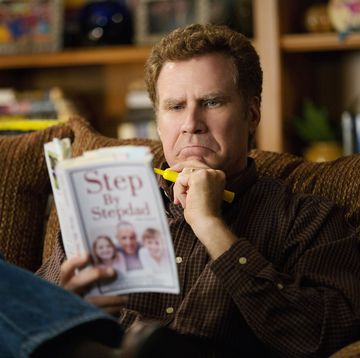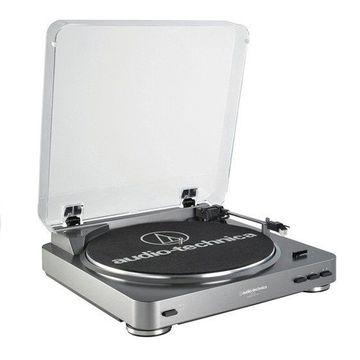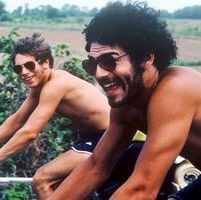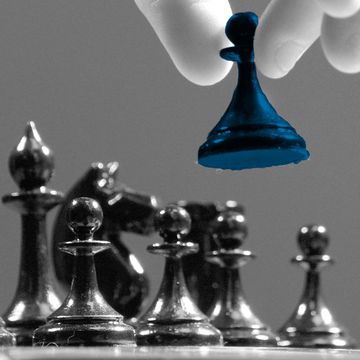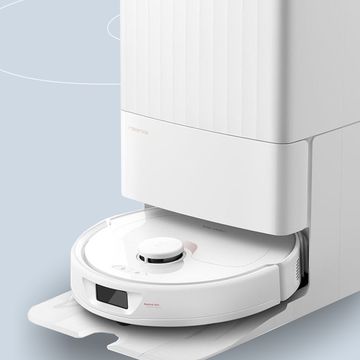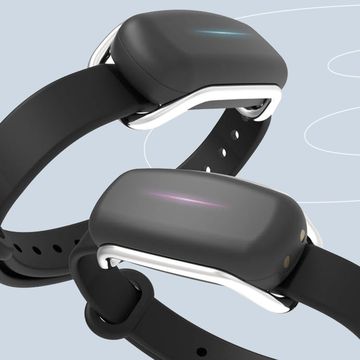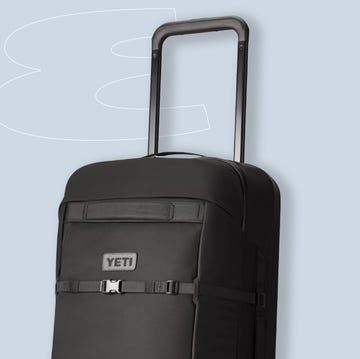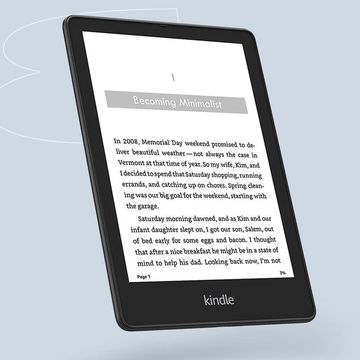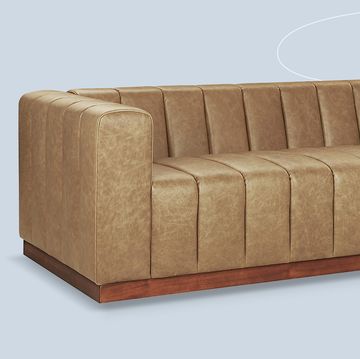I don't know his name or his rank. He must be dead now. It was 1944 and you were twenty-one, so he couldn't have been much younger. It was the Philippines; your battalion was trying to divide the Japanese so they couldn't merge and push the Americans down to the beaches. Push them there and wipe them out by the ocean, where their bodies could feed the big fish and their bones could wash up on shore with photos of their girls back home floating past. The boots would be gone. During combat, soldiers take boots off the casualties, you told me, since in war all you do is walk. There were no satellites back then, no apps to find the enemy or Facebook your wife; there was just a pathfinder and a long stream of GIs who would have looked like a row of green ants from a plane.
You couldn't recall his name, which means that the gunshot in your leg was brutal, because you remembered everything. This soldier saw you struggling. The troops filed past while he lost his place in line to rip through the brush and find a good branch to make you a splint, tying the stick to your leg with a shoelace; he got you going again, and you used your rifle as a cane. He kept you with the battalion and you fell back in, began to muscle your way through the thicket. When the pain started to set your guts on fire, you fell back; then you could hear the column of men, maybe four hundred of them in front of you, only a few weak or worse wounded behind. In the jungle, night is so black you can't see your hand in front of your face, so the screams of men being picked off and bayoneted fifty meters away were like surround sound. The guys at the back of the line were the ones getting artillery to the head, their bloodlines ending in the brush in the middle of an island they'd never heard of a week ago.
Hours went by, exhaustion becoming delirium, before the commander ordered a break. Not to sleep, but a stop so they could have water, or stare impassively at their wounds and one another. Smoke. As the hundreds of soldiers sat down, you stayed up, kept walking, and soon your back of the line became the middle, then more forward until you had blown to the front with a bullet in your leg. You kept going until the commander ordered everyone up and they stood and began to pass you again. You started falling to the rear again, nearing that place where going slower just meant getting deader. Suddenly you saw light through the brush and could faintly see the line of soldiers unspooled in front of you. It went on to the tip of your canvas, this hall of soldiers. You walked, dragging your leg until another stop was called, and you walked through that break, too. You walked by soldiers sitting on their helmets chewing tobacco, sharing a single pack of Life Savers, some of them with their heads in their hands while standing otherwise at attention. They were arrested in space, nowhere to go, looking like the statues that would one day represent them in public spaces, with plaques describing the battle and their bravery.
You kept on, wondering would all this go quicker if someone chopped your leg off at the knee and dragged you behind them. Your hand was melded to your rifle and aching like the dickens as you worked your way past the guys at the back again and forward. A bug or two flew into your mouth, open in something between a grimace and that cubist facial repose of someone who can't afford to be fully in their body. This went on a whole day longer as you managed to hold the middle by not accepting the back. You just kept not taking the break. At some point, when you still hadn't died, trees cleared and there was legitimate light. A false sense of agency hit the soldiers and it became merely a life-or-death situation and not a horror film. You were medevaced out, only to be back in combat a month later, with your first Purple Heart, which you said you never understood. You'd ask, "Why do they give you a medal for being dumb enough to get shot?"
Months later, you were shivering under a pile of blankets in a gymnasium in Manila with malaria, but made it home in time to call that girl about a date for New Year's Eve. The girl you hadn't stopped thinking about since she floated over at a bank with a love note from some other gal. Her eyes were so brown. She had skin that looked like a bowl of fruit with cream painted on top. She looked like she might stick by a man, but quietly, with a little orchestra of smirks and sighs and run-on sentences.
Thirty years later, my teen European-tour-to-meet-boys plan fell through when my friend's parents said no. I cried for days. We'd saved all year, and that Eurail pass was so close I could practically feel it stuffed in the front of my leotard. I was devastated, and you couldn't bear it. You sold or mortgaged something and booked a family Euro-tour — not my dream, but you were so happy to give me this trip you couldn't afford that I acted excited, hoping there would be a boy on a train who would not know English and kiss me. But there were no cute boys, only a man on a pier in Monte Carlo who thought I was a prostitute. Europe was a series of museums that my brother and I tried to navigate between a mother who could stare at a Delacroix for an hour without blinking and you, who once you started to walk couldn't stop. You wouldn't stop until you were at the front of any crowd.
But the trip had moments. You and I woke early in Amsterdam to go to the diamond factory to get Mom a ring. Once there, you pushed me ("Pick one for you and your sister, please, I want you to"), so I picked the smallest one, praying it was the cheapest, but you insisted on a bigger one. We took a boat back to the hotel, and I remember your face looking out over the water. You were dreaming and planning, brimming with if-onlys. I could see all the weight on you. Pushing through another jungle of being out of work, out of luck. Having four kids, and demons that haunted you in the night so badly that you hated to sleep. You were struggling, but it never seemed to be about you or what you were going to get at the finish line. You just wanted to make sure all of us on the sidelines watching you run were taken care of and felt good about ourselves. Maybe this sounds like you got a bum deal? No, sir. You've had tough breaks, but I've never met anyone better at enjoying what was put in front of him. At hearing new things, testing the unknown, conjuring the miraculous.
Yesterday, going up Sixth Avenue, Will said, "Mommy, aren't there so many amazing things in the world? Aren't we so lucky to be alive?" That's you in him, Daddy. He's so like you, full of extremes, and heavy on the dream space. Both of my kids come out with their fists up for each other, and I know that would make you happy. I teach them pacifism, but sometimes only halfheartedly. "Lady, this outfit you are running here is a bunch of bull," you once said to that librarian who accused me of lying about how many books I'd read. "Mean lady, you are the f word," Will said to the woman in the dog park who called me stupid for leaving the gate open.
Remember taking me to the bookstore in Tennessee on Sunday mornings, just the two of us, and going for waffles after? Never had the heart to tell you I hated waffles. We would sit outside and look up at the Smoky Mountains, talking about our books. It was time. That's the big-deal gift, the fortifier. Now I take Will to Chinatown for foot rubs. They soak our feet in a hot leafy liquid that makes us do the happy eyebrow dance. The only English we thought they knew was "Boy so handsome" and "Mommy's back too tight," but the last time we were there, when Will reached out and took my hand and kissed it, the old Chinese lady put her hand on her heart and patted Will on the face. "Good son," she said.
My children may never see me hunched over a checkbook and sense my mounting panic, as I saw you. May never come home late and find me in the street armed with a shovel and watch in horror as I take the driver of the car by the neck when liquor is smelled on him. They will watch me make much of their tiny victories and see me hold a grudge until my last breath if someone treats them cruelly. This is your family I am running here. I can't take credit for more than remembering to point to you when I do something right and for continuing to put one foot in front of the other when I lose heart.
We all miss you something fierce. You've been dead one year, six months, seven days. To convey in any existing language how I miss you isn't possible. It would be like blue trying to describe the ocean.
This article originally appeared in the June/July '12 issue.




